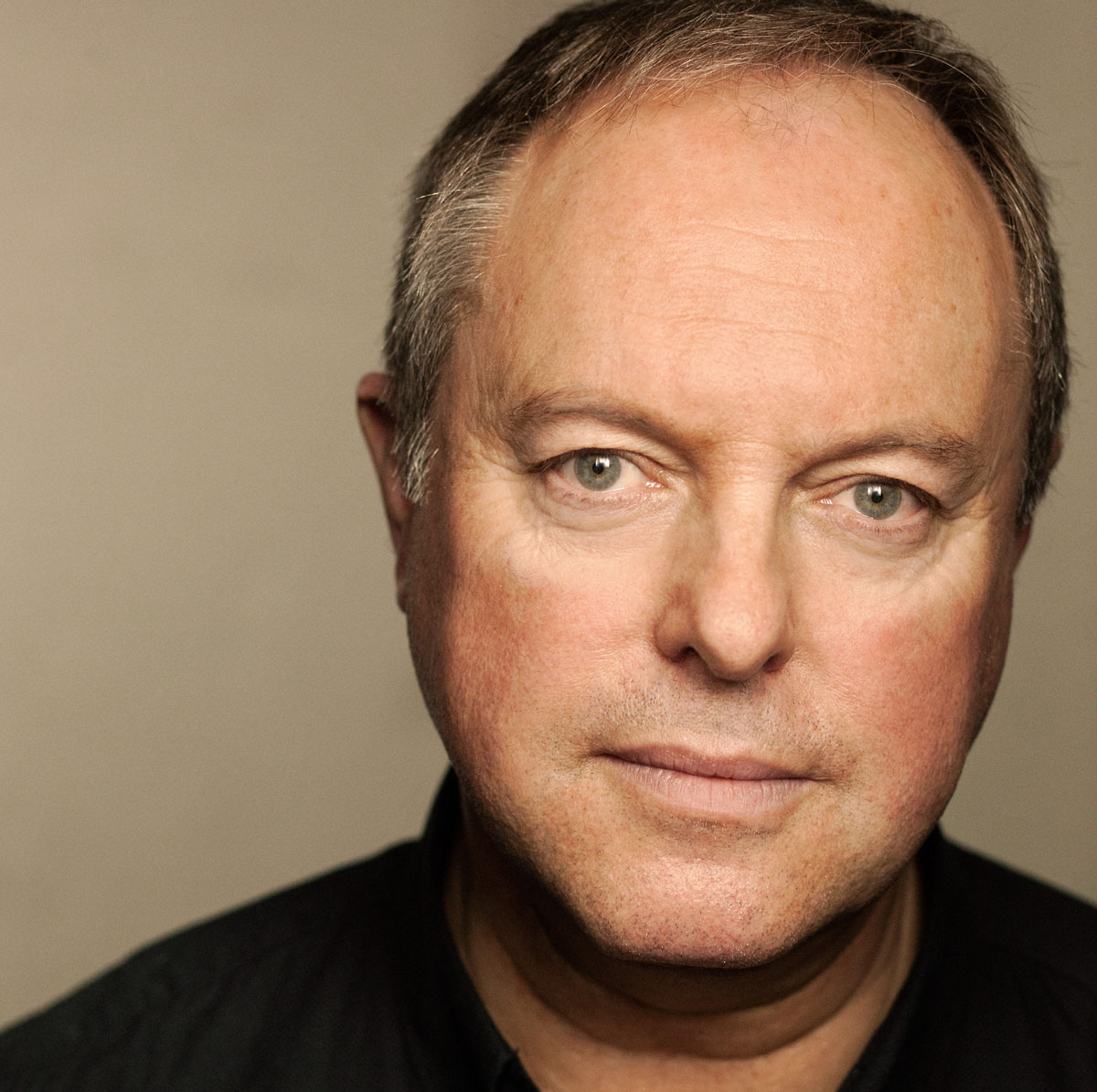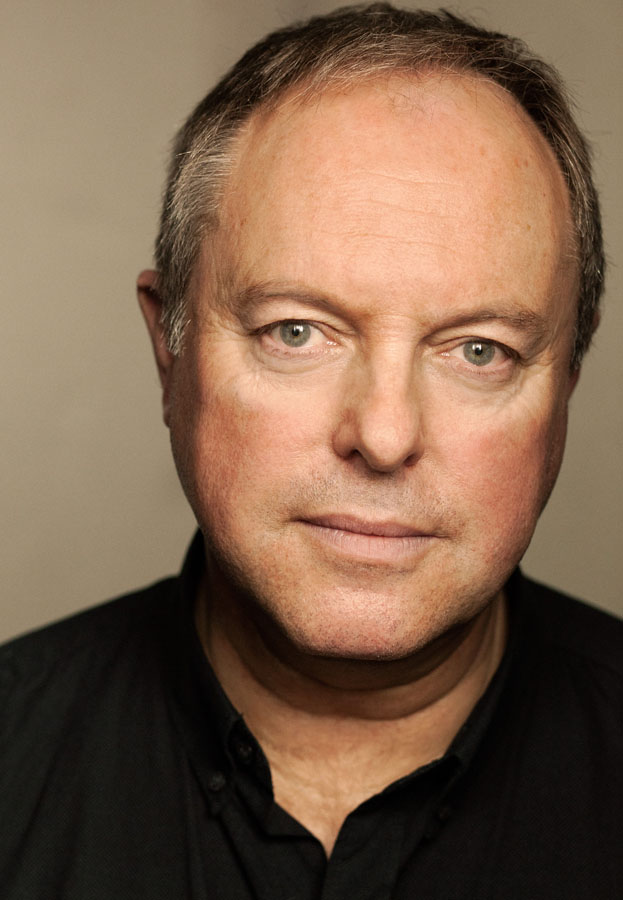
Robert Daws, best known for his roles in the hit series The Royal, Outside Edge and Roger Roger, stars as Frank Foster in Alan Ayckbourn’s How the Other Loves which tours to the Theatre Royal Bath from 2nd to 7th October. He talks about his role in the play and about its writer, Alan Ayckbourn . . .
How would you sum up Frank?
Frank is an old-fashioned man or rather a 58-year-old boy. It’s a period play and he’s sort of an ex-military man who’s gone into business. He’s very efficient and he likes order. He likes things to be in exactly the place he wants them to be and he has a very well-ordered life.
And what’s the dynamic between Frank and his wife Fiona in the play?
It’s the unravelling of an onion. They’ve basically lived on cruise control for many years. The play is a detective story really from Frank’s point of view. He sniffs that his wife might be unfaithful to him and he follows every potential clue; the fact he misses most of them and messes them up is neither here nor there. He’s after the truth in order to save not only his marriage but also to save his career in some respects as well because the man who is having an affair with his wife is a vital cog in his department at work.
Why do you think Alan Ayckbourn is so revered as a playwright?
He’s one of the greatest living playwrights by quite some considerable distance because he has the ability to nail people at moments of crisis in their lives. Where I think he triumphs in particular is how he manages to find laughter in pain and pain in laughter. That’s a huge skill but that’s life and he manages to encapsulate it time and time again. That’s why people love his plays.
And why do you think How the Other Half Loves remains one of his most beloved works?
The structure of it is quite extraordinary. He wrote this at the age of 28 and it’s far more ambitious than it might appear at first. It came at a time when drawing room comedies were still being done and I think it was considered to be a drawing room comedy itself, but the structure and conceit of it are really ambitious. His command of stagecraft, even at the age of 28, was second to none but of course that’s all hidden because the stories come on top of the stagecraft. The stagecraft, the moving machinery and the precision that goes on underneath what the audience sees, means there’s a marvelling at that as well as an empathy for the characters.
Is this your first time tackling an Ayckbourn or have you performed in any of his plays before?
I did one of his plays about 20 years ago, Confusions.
Are there any particular challenges How the Other Half Loves presents for you as an actor?
I think the language is extraordinary. His skill at writing naturalistic dialogue is extraordinary but it’s very, very difficult because there’s a lot that’s so precise with Ayckbourn. Everyone talks about Pinter or Beckett but I think you need exactly the same approach with Ayckbourn and possibly even more so, dare I say it? His work is so precise and he has a way of using the same words and the same speeches in different ways, which can lead you astray in the early days.
How is it working with director Alan Strachan, especially given his close ties with Ayckbourn?
He’s extraordinary. It’s like working with a conductor. He knows the text so wonderfully that he almost conducts us in it. He knows the rhythms and where the comedy is. It’s a wonderful thing working with Alan and his decades of experience with Ayckbourn.
The play originally premiered in 1969. Are there things about the socio-political context that are very much of its time?
These are people who are living in a very particular time in history and at the tail end of a particular period in history. The 60s were almost over but the big changes were still pretty much confined to the major cities. By the time you get down to Crawley, where the play is set, it was just beginning to happen, certainly from the female point of view. That’s why I think it’s an important play.
The man is the one who brings in the money and the wife looks after the house and everything to do with that. The play is also about their values, which are very different today. Maybe the younger generation will come along to see it and go ‘My goodness me, is this really how people behaved?’
That said, are there things about the play you feel will resonate with contemporary audiences?
Sex, love, infidelity, money and social status are things that haven’t changed and I think audiences will respond very much to all those things that run through most of Alan’s plays and certainly through this early work.
How are you finding the 1960s fashions?
I’m fortunate to be of an age now where even the character I’m playing in 1969 is not wearing bell-bottoms. Frank is a man of the 40s and 50s so he’s a classic dresser. You’ll still find Franks in the golf clubs and rotary clubs of Great Britain so he’s very recognisable.
Are you looking forward to performing in Bath at the Theatre Royal?
[Laughs] I could quite happily live in a bath! And I absolutely love Bath. It’s one of my favourite places with such a beautiful theatre.
Robert Daws photograph by Wolf Marloh


